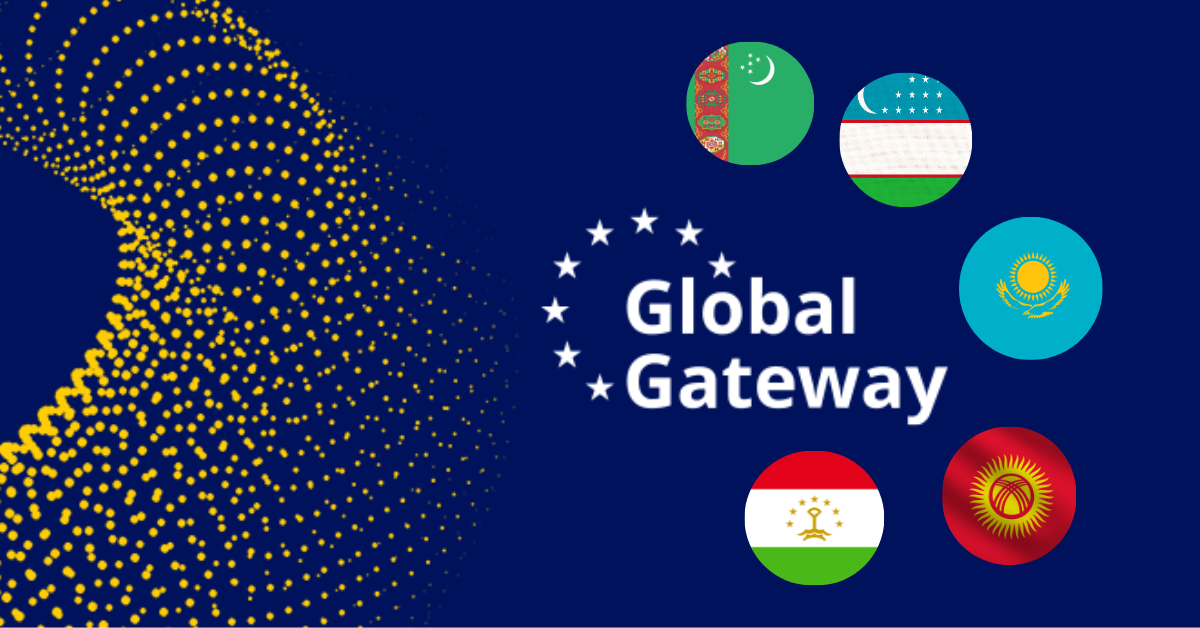Brussels, 22 March, 2025 – The European Union (EU) is making a significant push into Central Asia, aiming to strengthen its partnership with the five strategically important countries through the Global Gateway strategy. European Commissioner for International Partnerships Jozef Síkela concluded a week-long tour of the region, meeting with officials and business leaders in Turkmenistan, Kazakhstan, Tajikistan, Kyrgyzstan and Uzbekistan.
The visit, which took place ahead of the first EU-Central Asia Summit on 3-4 April 2025, focused on boosting investment in key sectors like digital connectivity, transport infrastructure, critical raw materials, and renewable energy.
Concrete Commitments:
Commissioner Síkela announced several key agreements during his trip, including:
- €422 million in investment: A significant portion of this funding will be channeled through the European Investment Bank (EIB) and other EU financial institutions, including grants and loans, for projects across various sectors.
- Transport Corridor Development: The EU reiterated its commitment to the Trans-Caspian Transport Corridor, a globally important trade route connecting Central Asia to Europe. A €200 million framework loan agreement was signed between the EIB and the Development Bank of Kazakhstan to support sustainable transport and renewable energy development.
- Support for Critical Raw Materials: Collaboration in critical raw materials (CRM) will receive a €3 million boost, focusing on sustainable and responsible supply chains, job creation, and economic resilience.
- Energy Security & Climate Action: The EU announced grants totaling €51.6 million to modernize Tajikistan’s electricity grid, promote energy efficiency, and support water-efficient technologies and innovative solutions in Kyrgyzstan.
- Digital Connectivity Expansion: Two key agreements worth an undisclosed amount were signed to improve digital infrastructure and expand high-speed internet access to underserved populations.
Stronger Partnership:
Commissioner Síkela emphasized the growing partnership between the EU and Central Asia, stating, “Central Asia and the European Union are strong partners. We can deliver long-term benefits for people and businesses on both sides.” He highlighted the need to address challenges like climate change, energy security, and digital divide, while unlocking new economic opportunities through the Global Gateway initiative.
The visit underscores the EU’s commitment to its Global Gateway strategy, aiming to bridge the global investment gap and build sustainable and resilient connections with partner countries. The upcoming EU-Central Asia Summit further solidifies this commitment and paves the way for future collaborations.
